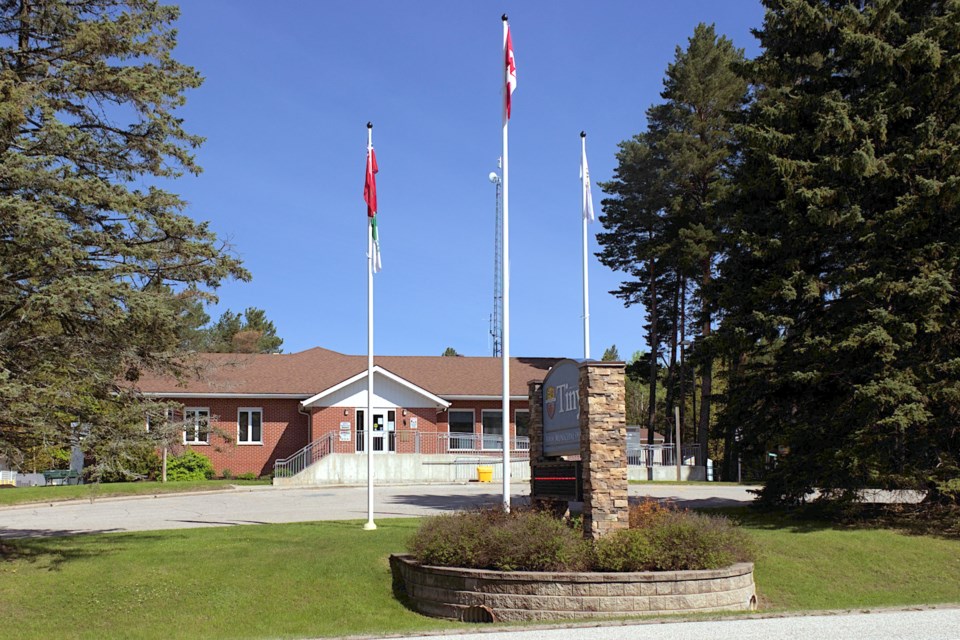An upcoming special meeting of Tiny Township council will explore the possible solution to municipal septage concerns, if a fast approaching grant application deadline is approved.
Late last year, Midland informed neighbouring municipalities who relied on the town’s wastewater treatment plant that restrictions would be put in place as a cost-saving measure, with Tiny’s 59 per cent usage of those total services putting the township in a scramble for a disposal method.
A report on the Midland Wastewater Treatment Centre noted that it would cost $1.5 million to rebuild the septage receiving system to accept non-Midland residents, and nearly closed those doors in March until a request from Penetanguishene, Tay and Tiny Townships extended that to June.
Tiny Township is host to around 10,500 individual properties; however, the roughly 340 square-kilometre sized municipality has no sewer systems and properties are serviced by private management systems. In summer the field application of septage can occur, with roughly 550 properties making use of off-season septage hauling to the Midland facility for treatment.
Originally, the Midland wastewater report stated that Tiny’s contribution to its $1.5 estimated requirement for septage treatment would amount to 59 per cent of the cost ($900,000), and would only address the 550 properties utilizing the facility for off-season pump outs of volumes from mostly holding tanks.
While continuing to explore options, a joint delegation between Tiny and Midland at the Association of Municipalities of Ontario (AMO) conference in August proved fruitful as Infrastructure Minister Kinga Surma advised the municipalities to apply for a Housing Enabling Water System Fund (HEWSF) grant.
Midland received confirmation for $30 million to aid the town’s overall infrastructure later that month, with Surma recommending that Tiny apply for the HEWSF Grant Intake 2 specifically to address the upgrade and improvement to Midland’s wastewater treatment plant, which would then accept septage from Tiny.
The deadline for the HEWSF grant is November 1, warranting Tiny council to host a special meeting this Wednesday, October 23 at 5 p.m. in the municipal chambers at 130 Balm Beach Road West.
The HEWSF grant would provide 73 per cent ($3.6 million) of the total $5 million project cost, with the requirement that Tiny would provide the remaining 27 per cent ($1.3 million).
Public works director Tim Leitch stated that the overall grant plan would not only include the approximate 550 property off-season pump outs “when field applications are not possible due to winter or heavy rains when field application is not permitted”, but instead would cover the entirety of Tiny’s septage product.
“If approved, the goal is all properties could be pumped and processed at the Midland WWTP and no field application,” said Leitch.
Should the grant be successful, a target completion of June 2027 has been forecast with capital costs spread over a three-year period.
At the special meeting of council other options will be presented along with financial recommendations, including options to explore other locations, to build a township pre-treatment facility, a status quo option and more.
In July, Coun. Dave Brunelle pressed for a solution to the septage issue, stating: “By November, we have to have an answer for the people, our residents, about the septage management at that time.”
The HEWSF intake 2 septage application report can be viewed on the agenda page on the Township of Tiny website.
Archives of council meetings are available to view on the township’s YouTube channel.



